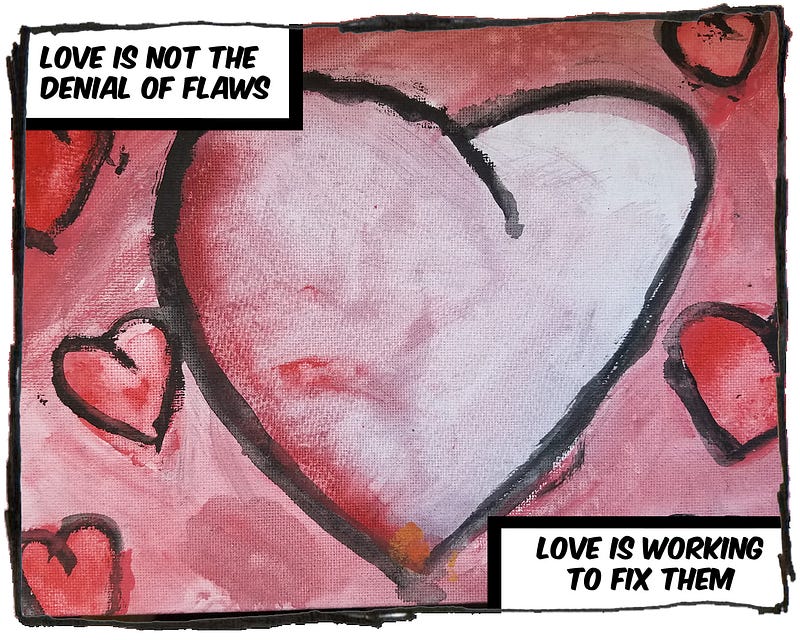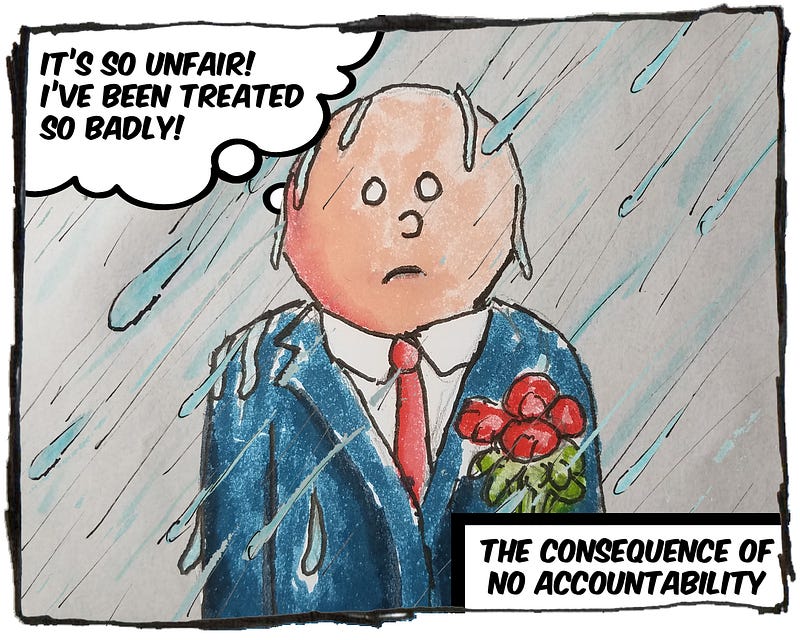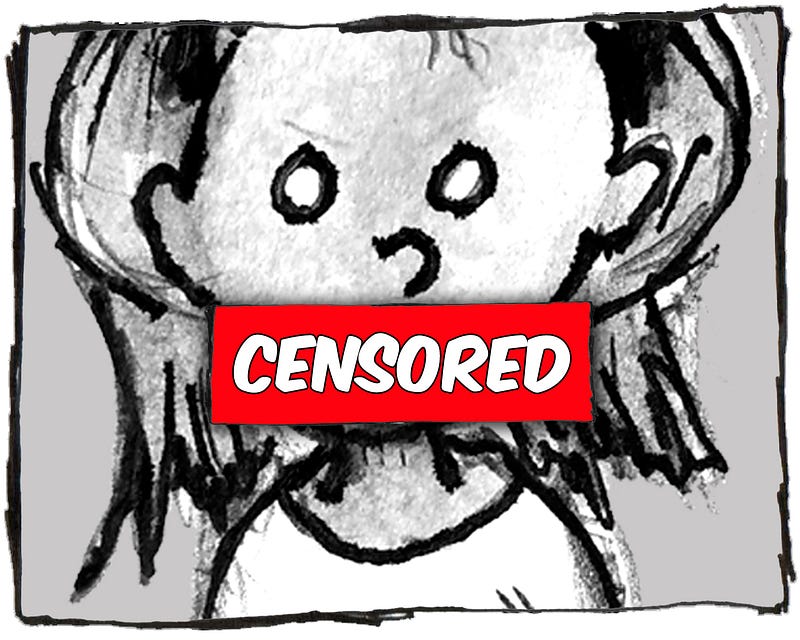Recognizing Abuse: A Path to Love and Growth
Written on
The Complexity of Love and Abuse
A few years back, I received a challenging email from a family member I had grown distant from. Although it was tough to digest, I have always felt it's important to keep the door slightly ajar for the possibility of reconciliation in the future.
In tough situations, I often lean on my wife's insights. She has a straightforward approach, with no patience for any hint of abusive behavior. During our time at the same school, I witnessed her confront men who attempted to intimidate her physically.
"What are you going to do, hit me? You think you’re tough? Go ahead! But don’t start sobbing when everyone calls you a coward."
I often rushed to assist her, only to find she had already taken control of the situation. She is perhaps the most resilient person I know.
After reading the email, I crafted a response and sought my wife's feedback. As she read, tears welled in her eyes, leaving me perplexed.
"What's wrong?" I asked, worried I had upset her.
"You’re trying so hard," she replied. "You keep giving them chances. When will you realize it’s not worth it?"
The cycle of failed attempts remains unchanged
Her reaction made me reevaluate the ongoing family conflict. I had long believed I could somehow mend our relationship; if only I tried harder or showed more generosity, perhaps they would find the happiness they sought.
"We're in a relationship, so it's your job to make me happy."
However, my wife helped me grasp an essential truth.
"No, you must take charge of your own happiness. No one else can do that for you."
We often conflate love with our capacity to tolerate the negative behaviors of those around us. But what if true love means encouraging others to become better individuals?
From a wider perspective, it's clear that dysfunction resembles being caught in a riptide. No matter how valiantly you swim, you will still be swept out to sea.
Coming to terms with painful truths
At 50, I've only recently come to terms with my father's abusive behavior. Acknowledging this doesn't equate to hatred; I’ve always loved him and genuinely wish the best for him. Yet, I also desire an end to the abuse.
Our relationship has never benefited from a dynamic that allowed for improvement. Instead, it has been a continuous cycle of self-destruction.
As a child, I learned that standing up for myself made me a target for more abuse. This lesson was so ingrained that I avoided even saying the word "abuse," fearing it would lead to further punishment.
But reality doesn't shift based on our refusal to accept the truth.
The repercussions of speaking out
Abusive individuals often exhibit both weakness and fragility. When you voice your pain, they tend to dismiss it and turn the focus onto their discomfort. "When you say that, it makes me feel bad. Why do you have to hurt me? Do you hate me?"
I learned to sidestep the backlash that came with advocating for better treatment. I convinced myself it wasn’t that bad, that others had it worse, and that I could simply pretend the negative experiences hadn’t occurred.
If it had been just my own situation, I might have continued down that path. However, upon becoming a parent, I instinctively rejected any dysfunctional behavior.
It was akin to a dog resisting your attempts to lead it somewhere unsafe. A loyal dog knows when danger lurks and refuses to follow.
If I tried to drive to visit my estranged family, some part of me that I couldn't control would steer us toward safety instead. I realized I was physically incapable of subjecting my children to the experiences I had endured.
The unspoken truths
Any pain inflicted on loved ones constitutes abuse. To some extent, we all have tendencies toward this behavior, and we must strive for improvement.
If a can of soup accidentally falls on your spouse's foot, that’s still a form of abuse. Even if she reassures you that it’s fine and she understands it was unintentional, her foot still hurts.
It deeply troubles me to witness my wife and children suffer. If my actions contribute to that pain, I cannot dismiss it by claiming it was accidental. How can I prioritize my fragile feelings over their suffering?
Yet, some individuals do just that.
During my upbringing, I learned to pick up on non-verbal cues indicating which subjects were taboo. Certain truths were simply not acknowledged in my family. My father would exhibit disapproval through his body language, signaling that certain topics were off-limits.
"You’re not allowed to say that."
We were only permitted to recognize events that aligned with his narrative, which ultimately proved untenable.
It’s never too late to change
Time has passed, never to return, yet I still face pressure to overlook the past. "Why do you have to focus on the negative? Can’t you just remember the good times? Why do you have to be so bitter?"
But it's not bitterness; it never has been.
I love all the individuals from whom I’m estranged. I wouldn’t even go so far as to say I hate their actions.
I simply refuse to tolerate them.
Identifying abuse isn’t an act of hatred; it signifies a willingness to contribute to reducing pain in the world. I believe that accountability is the highest form of love.
I would exchange all the misguided years for just one fleeting moment of truth. It’s never too late; we must embrace the uncomfortable journey of growth and reject the false comfort of denial.


